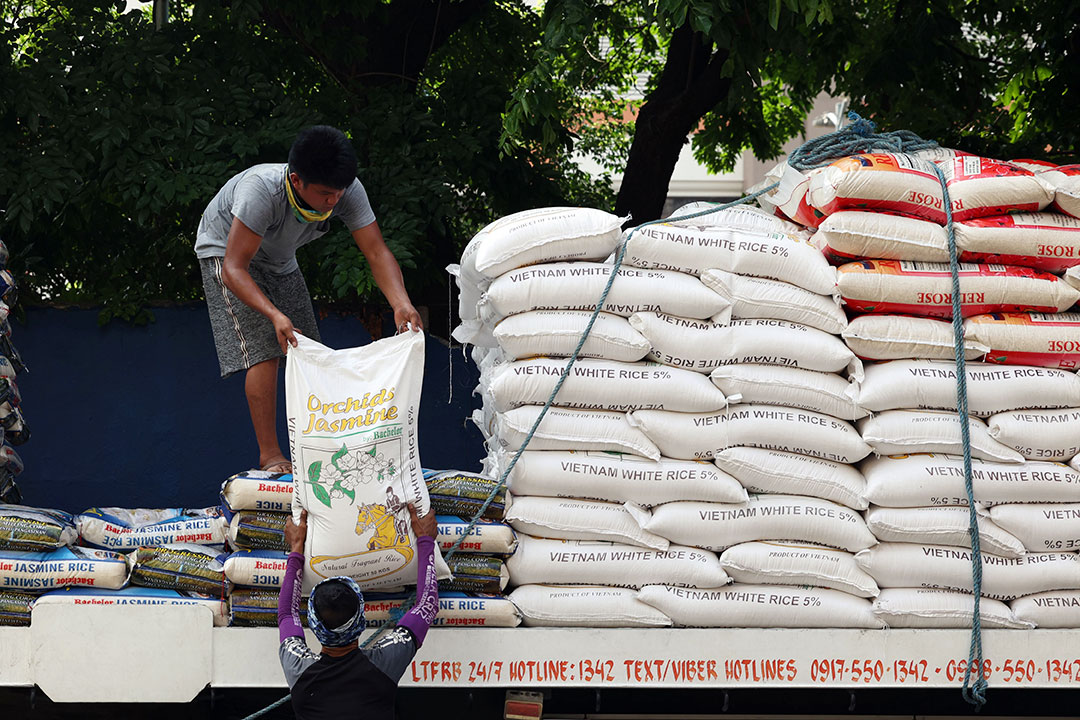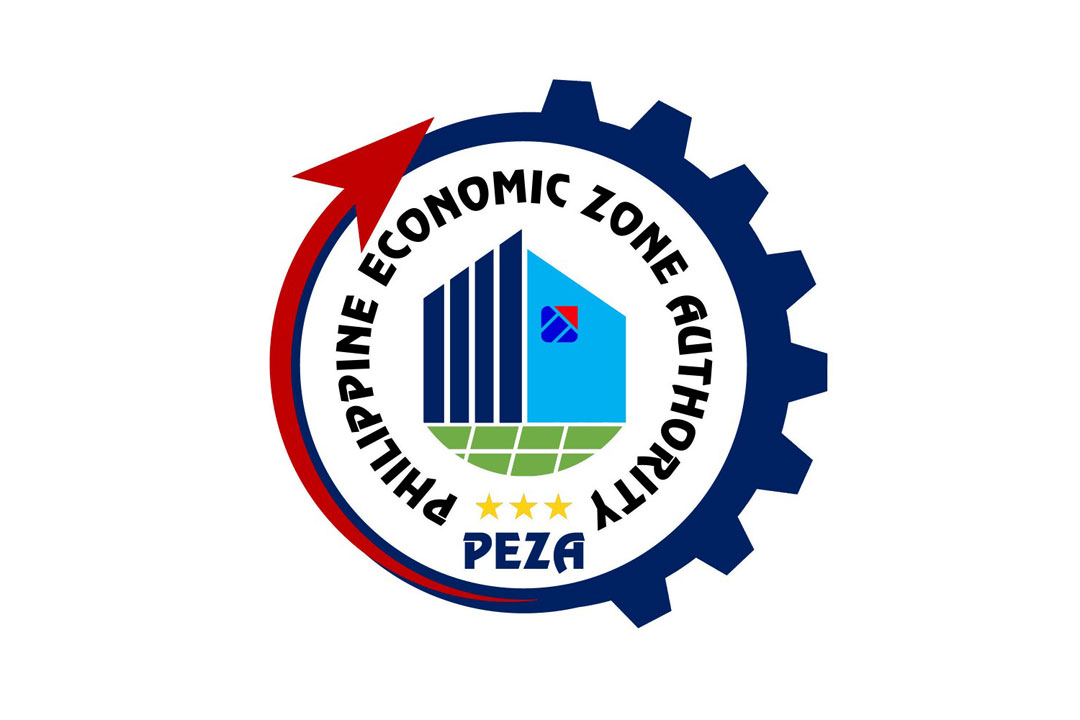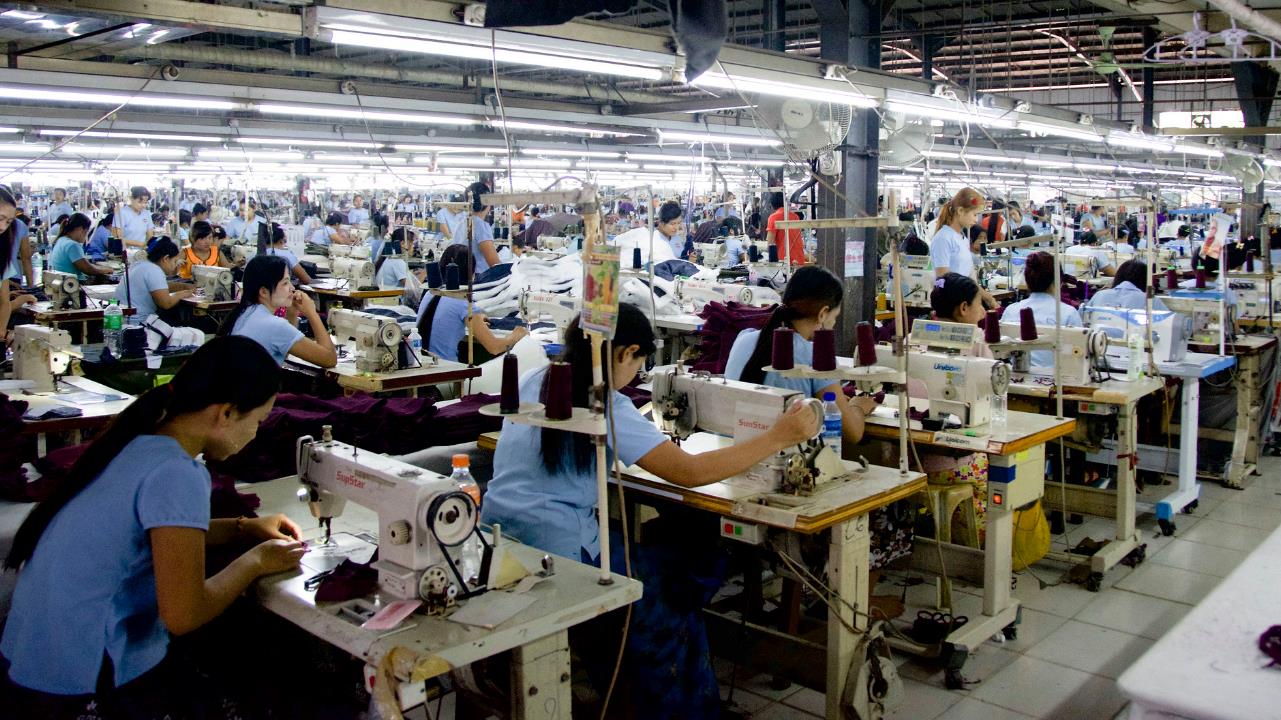
Upgrade to High-Speed Internet for only ₱1499/month!
Enjoy up to 100 Mbps fiber broadband, perfect for browsing, streaming, and gaming.
Visit Suniway.ph to learn
The Philippines reported a robust 5.6 percent gross domestic product (GDP) growth in 2024—the highest in the ASEAN region. From 2021 to 2023, the country also allocated the highest national budgets among ASEAN nations (surpassing even Singapore) and tied for second with Malaysia in 2025, just behind the more populous Indonesia.
Yet, according to Department of Social Welfare and Development (DSWD) Assistant Secretary Irene Dumlao, involuntary hunger in the Philippines surged from a high of 5.9 percent in December 2024 to an even more alarming 7.2 percent in March 2025. This increase occurred despite high GDP growth and substantial national budgets. What accounts for this discrepancy?
Although the Philippines aimed to maintain its infrastructure spending at five to six percent of GDP from 2023 to 2025, it still lags behind comparable ASEAN nations in both the quantity and quality of its infrastructure. Consequently, the Philippines remains the least attractive for foreign direct investments—ranking last after Singapore, Malaysia, Indonesia, Thailand, and even Vietnam, a nation recovering from war.
The lack of direct investments hinders the creation of businesses that could generate employment. As a result, data from the Philippine Statistics Authority (PSA) indicates that unemployment remains high at 4.3 percent.
Analysts have consistently identified "endemic corruption" as a major deterrent to foreign investment and a key factor in the disparity of wealth and opportunity. This corruption prevents the poorest segments of society from participating in and benefiting from the country's high GDP growth rates. While many Filipino billionaires rank among the world's top 100 wealthiest individuals, the Philippines has one of the lowest GDP per capita in the region.
The same issue of "corruption" likely explains why substantial national budgets fail to translate into reduced hunger, unemployment, and poverty. Mayor Benjie Magalong, founder of the Mayor for Good Governance, estimates that a staggering fifty percent of the national budget is lost to corruption.
The 2025 budget, for instance, has drawn criticism for its regressive nature—effectively "stealing from the poor to give to the rich." Many social services budget allocations have been reduced in favor of projects that offer greater control and potential benefits for legislators and government officials. This budgetary manipulation has even been challenged in the Supreme Court on constitutional grounds.
Inadequate infrastructure and deficient food policies and enforcement (including smuggling) have contributed to a significant surge in the prices of basic goods between March 2024 and March 2025: rice (+18 percent), meat (+22 percent), vegetables (+23 percent), and eggs (+15 percent) (Source: DSWD).
Statistics reveal that even after considering humanitarian aid from the United Nations and USAID aimed at alleviating hunger, a "hunger gap" of $150 million persists. The government, despite managing one of the largest national budgets in ASEAN, is now appealing to the private sector to help bridge this gap through contributions to the Kaagapay Program, in coordination with LGUs and the DSWD. Why is this necessary?
The government's "Walang Gutom" Program, initiated in 2024, aims to reach its peak in 2027—a year before the next presidential election—with the goal of addressing the hunger needs of 270,000 households (approximately 1.2 million individuals). Could this be strategically timed for the 2028 elections?
However, amidst the current widespread involuntary hunger, the government has only distributed 22,000 meals year-to-date (under the "Walang Gutom" Program), serving a mere 18,000 individuals. Where have our priorities shifted?
Beyond the Pantawid Pamilya Program, there are four other types of "ayuda" (assistance) specifically designed for an election year like the present—raising suspicions that these initiatives are intended to aid reelection campaigns. The DSWD assures that the "ayuda" will be provided to DSWD-identified recipients among the poor and promises impartial distribution.
Nevertheless, just last month, netizens filmed an "ayuda"-giving event where tarpaulins prominently displayed the names of Batangas dynasty members (Governor Vilma Santos, Vice Governor candidate Lucky Manzano, Congressman candidate R. Recto) and the smiling face of Finance Secretary Ralph Recto, the family patriarch. Despite this clear display of political endorsement, the DSWD took no action.
Mayor Benjie Magalong reported that LGUs have repeatedly requested the list of "ayuda" recipients from government agencies but have been denied access. How can we ensure that favored individuals do not receive multiple benefits while those most in need are overlooked?
Is it any wonder that involuntary hunger and poverty persist despite a gargantuan ₱6.3 trillion budget, one of the largest in ASEAN?
Research by the IBON Foundation indicates that the minimum food requirement for one person per day in the Philippines is ₱90. For a family of five, this amounts to ₱450 per day for food alone. Considering the minimum wage and the fact that it does not cover transportation, education, and health emergencies, the poor are left with no savings and are forced to turn to predatory "5-6" lenders in times of crisis, as a distressed jeepney driver tearfully shared on national television.
It is hardly surprising that poverty and powerlessness remain widespread, despite impressive economic statistics.
Worse still, despite pledging to "live within our means" in 2024, the 2025 National Budget has increased the total debt from ₱16.3 trillion in 2024 to ₱17 trillion this year. Why continue deficit spending without first addressing the underlying issues that prevent substantial government spending from translating into social improvement and equitable distribution?
Finance and economic policymakers have a significant amount of explaining to do.
Bingo Dejaresco, a former banker, is a financial consultant, media practitioner, and author. He is a Life and Media member of Finex. His views here, however, are personal and do not necessarily reflect those of Finex. Finex. dejarescobingo@yahoo,com

 14 hours ago
6
14 hours ago
6



